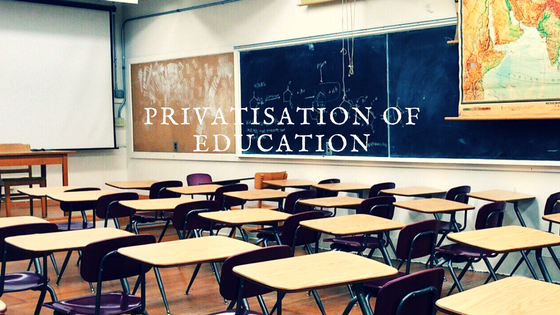In a time when digital interactions often overshadow face-to-face connections, the importance of fostering a strong sense of community within schools has never been more urgent. School assemblies, often seen as a necessary evil, hold immense potential to address this issue and foster a strong and thriving community. They are more than just gatherings; they are powerful tools for building relationships, fostering a sense of belonging, and instilling school spirit.
In this blog post, we will explore the impact of assemblies on students, staff, and the entire school community.
The Essence of Belonging
Belonging is a fundamental human need deeply rooted in our psychology. Research indicates that students who feel they belong in their school environment are more likely to excel academically and socially. They exhibit higher motivation, better attendance, and improved emotional health.
In contrast, feelings of isolation can lead to negative outcomes such as increased anxiety and lower academic performance. Assemblies play a crucial role in creating this sense of belonging by bringing students together, allowing them to see themselves as part of a larger community.
Unifying Diverse Voices
Assemblies provide an opportunity for diverse voices within the school to be heard and celebrated. They allow students from various backgrounds to share their experiences and talents, fostering an inclusive atmosphere where everyone feels valued.
This is particularly important in larger schools where students may feel lost in the crowd. Regular assemblies help bridge gaps between different student groups, promoting understanding and camaraderie.
Key Benefits of Assemblies:
- Fostering Inclusivity: By highlighting achievements from all corners of the student body, assemblies can help build a culture where differences are celebrated rather than marginalized.
- Encouraging Participation: When students are encouraged to participate—whether through performances, speeches, or recognition—they develop confidence and a sense of ownership over their school community.
Building Emotional Resilience
School assemblies also serve as a platform for addressing important social issues such as bullying and mental health. By discussing these topics openly during assemblies, schools can educate students on empathy and resilience.
For example, anti-bullying campaigns presented during assemblies can empower students to stand against bullying behaviors and support their peers. This proactive approach not only fosters a safer environment but also instills values that students carry with them beyond the school walls.
Enhancing School Spirit
The energy generated during assemblies can significantly enhance school spirit. Events like pep rallies or talent shows create excitement and anticipation among students. This collective enthusiasm helps build a positive school culture where students feel proud to be part of their institution. When students participate in these spirited events, they form bonds that contribute to their overall sense of belonging.
Strategies for Effective Assemblies:
- Incorporate Variety: Include diverse activities such as guest speakers, performances, or interactive segments to keep students engaged.
- Recognize Achievements: Celebrate both academic and non-academic successes to ensure all students feel acknowledged.
Parental Involvement and Community Engagement
Assemblies can also strengthen ties between schools and families. When parents are invited to attend or participate in assemblies, it fosters a partnership that enhances the educational experience for children. Research shows that parental involvement correlates with higher student achievement and better behavior. By creating opportunities for parents to engage with the school community during assemblies—such as volunteering or sharing resources—schools can cultivate a supportive network that benefits everyone involved.
Conclusion
Ultimately, building a stronger school community through assemblies is about more than just gathering students together; it’s about creating an environment where everyone feels valued and connected. As educators and parents work together to foster this sense of belonging, they empower children to thrive both academically and socially.
Incorporating regular assemblies into the school calendar not only enriches the educational experience but also nurtures emotional well-being among students. As we continue to navigate the challenges of modern education, let us remember that at the heart of learning lies the human connection—the very essence that makes us feel at home in our schools.
By prioritizing assemblies as vital components of school culture, we pave the way for future generations to grow into responsible citizens who value community, inclusivity, and mutual respect. Together, we can create schools that are not just places of learning but vibrant communities where every student feels they truly belong.







